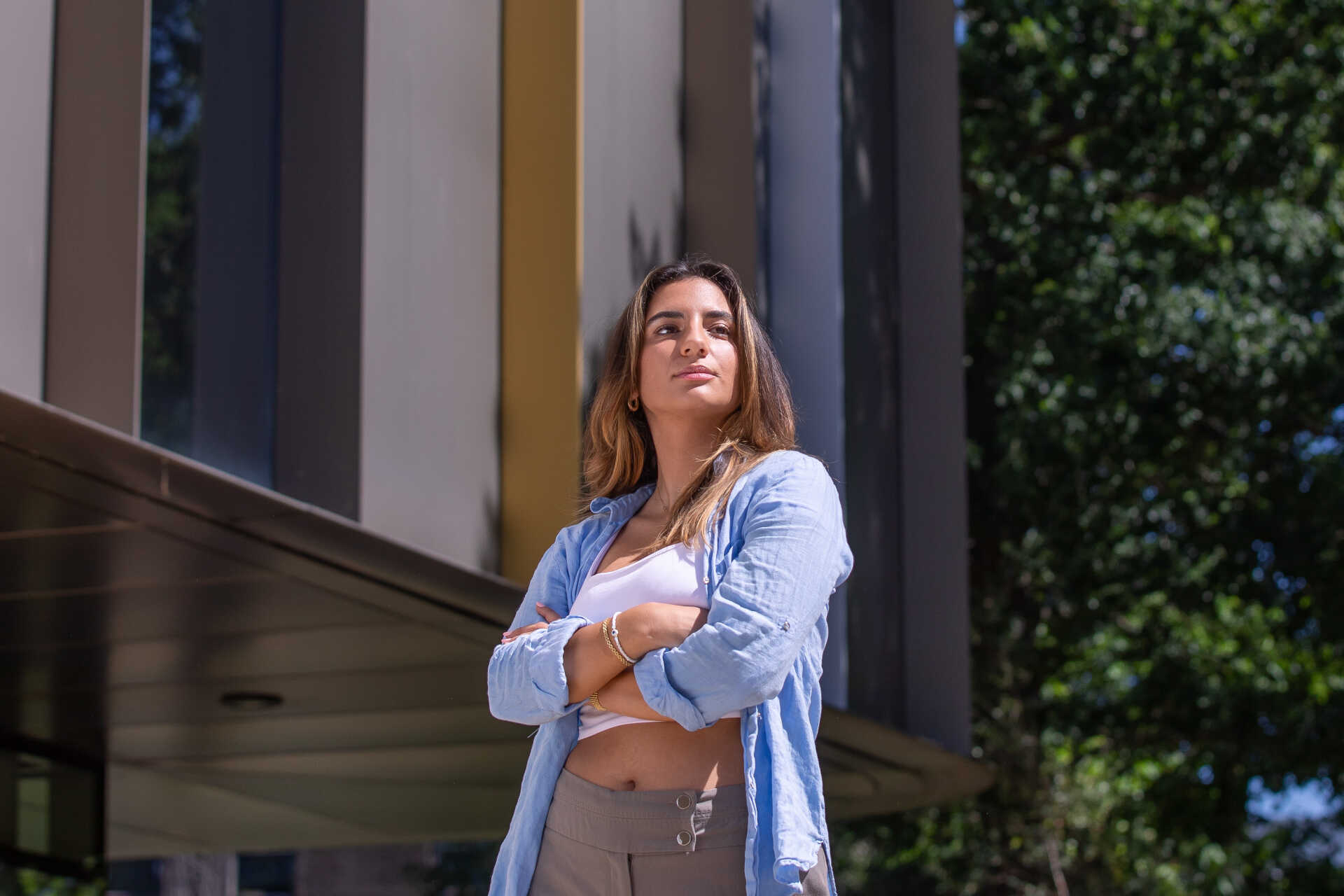Sport, Exercise and Health Science
The Professional Doctorate in Sport, Exercise and Health Science is a specialist programme designed for experienced sport, exercise and health practitioners who would like to undertake research that is relevant and applied to their area of professional practice.













